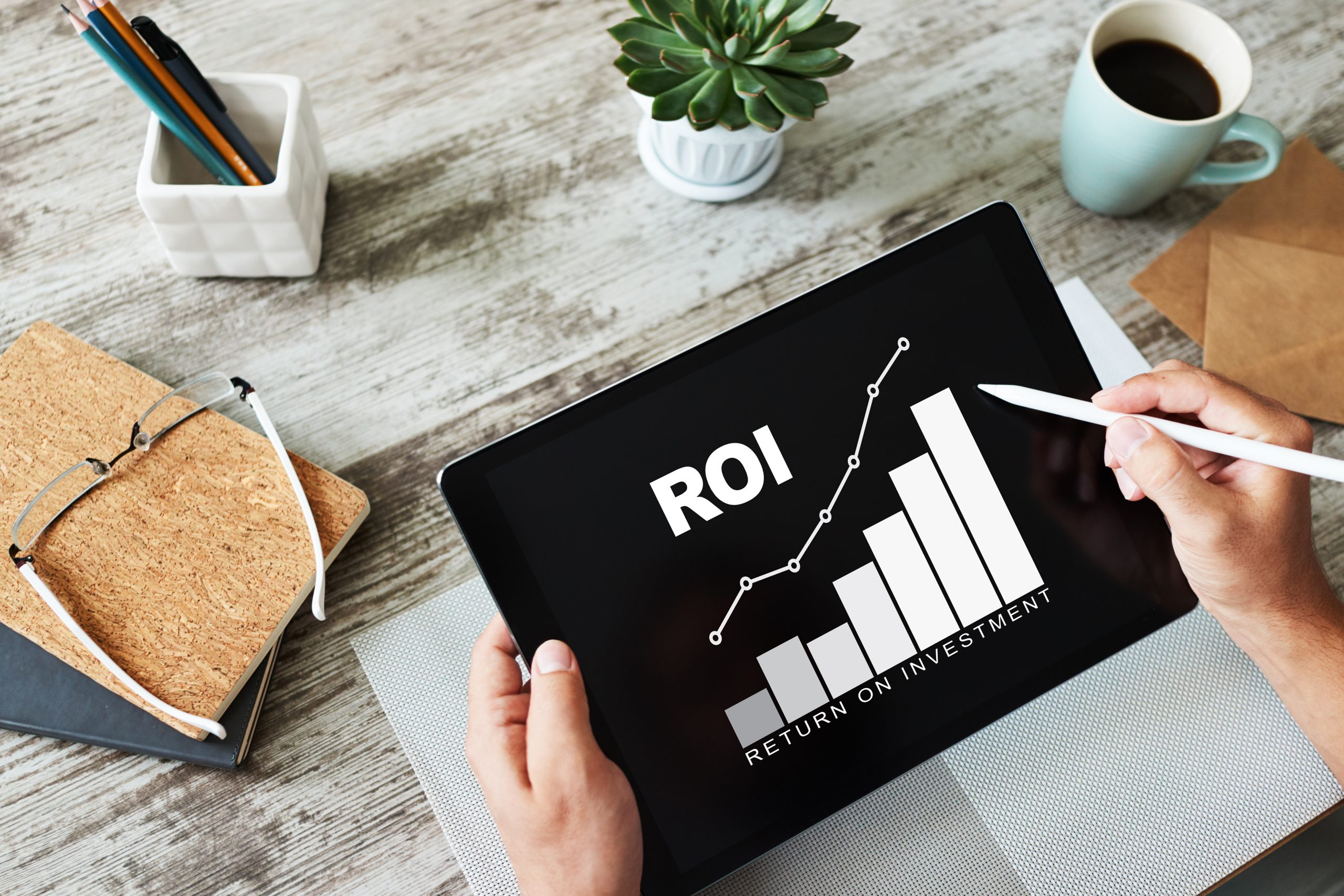In the digital era, businesses are continuously striving to keep pace with rapidly evolving marketing landscapes. Undoubtedly, one of the paramount goals of any business is to increase its return on investment (ROI). It is the ultimate measure of a company’s success and growth. With the advent of digital marketing technology, businesses can leverage various strategies and tools to optimize their marketing processes, improve customer engagement, and significantly increase their ROI. This article aims to provide a comprehensive guide on using digital marketing technology to boost your business ROI.
The first step to using digital marketing technology for ROI is Lead Generation. This process involves attracting potential customers (leads) who have expressed interest in your products or services. Digital marketing technologies like Search Engine Optimization (SEO) and Pay-Per-Click (PPC) advertising can significantly boost lead generation. SEO involves optimizing your website to rank higher in search engine results, increasing visibility, and attracting organic traffic. On the other hand, PPC involves placing paid ads on search engines, which are displayed to users searching for specific keywords related to your business.
Social media platforms like Facebook, Instagram, and LinkedIn offer powerful tools for lead generation. These platforms enable you to reach a broad audience, engage with them effectively, and generate quality leads. Facebook Lead Ads, for example, allows users to express their interest in your business by filling out a form directly on the platform. LinkedIn, on the other hand, is an excellent platform for B2B lead generation.
Moreover, Content Marketing plays a crucial role in lead generation. High-quality, relevant content helps you establish authority in your industry, engage your audience, and generate leads. Using digital marketing technology, such as content management systems (CMS), you can manage and optimize your content for search engines.
Lead Generation Through Influencer Marketing
An increasingly popular method of generating leads is through Influencer Marketing. Influencers, individuals with significant online followings and credibility, have the power to shape buying decisions due to their authentic relationships with their audience. Brands can partner with influencers relevant to their niche to reach out to potential customers.
Digital marketing technologies like influencer marketing platforms can help you identify influencers whose audience aligns with your target demographic. The content created by influencers not only generates leads but also improves brand visibility. Furthermore, using unique promotional codes or tracking links provided by these influencers, you can track the leads and conversions generated by each influencer, allowing you to measure and optimize your ROI effectively.
Lead Generation Through Webinars and Virtual Events
Another powerful tool in the digital marketing technology toolkit for lead generation is webinars and virtual events. They provide an excellent platform for demonstrating your expertise, sharing knowledge, and building relationships with potential customers. When well-executed, they can be a significant source of high-quality leads.
Webinar platforms offer features such as registration forms, polls, Q&A sessions, and follow-up emails, allowing you to engage with your audience, collect their information, and nurture them into potential leads. You can also use digital marketing technology to promote your webinars through email marketing, social media marketing, and website banners.
Furthermore, you can repurpose the content of the webinar into blog posts, infographics, or social media posts, extending the life and reach of your content, and generating even more leads. Analytics provided by these platforms help you understand your audience better and optimize your strategies for improved lead generation and conversion.
Nurturing Leads with Digital Technology
After generating leads, the next step is Lead Nurturing. It’s about maintaining relationships with potential customers throughout their buyer’s journey. Email marketing is a prominent tool in this regard. Using Email Marketing Service Providers (ESP), you can send personalized emails to your leads, offering valuable content, special offers, or information about your products or services. Marketing automation tools can further streamline this process by automating email sequences based on user behavior and preferences.
Moreover, Customer Relationship Management (CRM) software can help you track interactions with your leads and customers, providing valuable insights that can be used to nurture leads effectively. For instance, you can personalize your communication based on the customer’s previous interactions with your brand, significantly increasing the chances of conversion.
Conversion Rate Optimization and Digital Marketing Technology
Finally, let’s discuss Conversion Rate Optimization (CRO). It involves strategies aimed at increasing the percentage of website visitors who complete a desired action, such as making a purchase or signing up for a newsletter.
A/B testing, a key tool in CRO, allows you to compare different versions of your web pages or marketing materials to determine which performs better. Digital analytics tools like Google Analytics can provide you with insightful data about your website performance and user behavior, helping you identify areas that need improvement. For instance, if your landing page has a high bounce rate, you might need to redesign it to make it more engaging and user-friendly.
In addition, Personalization and User Experience (UX) are crucial for CRO. Personalization involves tailoring your marketing messages based on user behavior, preferences, and data. UX, on the other hand, involves creating a seamless and engaging experience for your website visitors. Using digital marketing technology like personalization software and UX design tools, you can create a user-centric website that drives conversions.
Digital marketing technology offers a myriad of tools and strategies to amplify your business ROI. However, it’s essential to keep in mind that each business is unique, and what works for one might not work for another. Therefore, you should continuously test, analyze, and optimize your digital marketing strategies based on your business goals and audience preferences.

